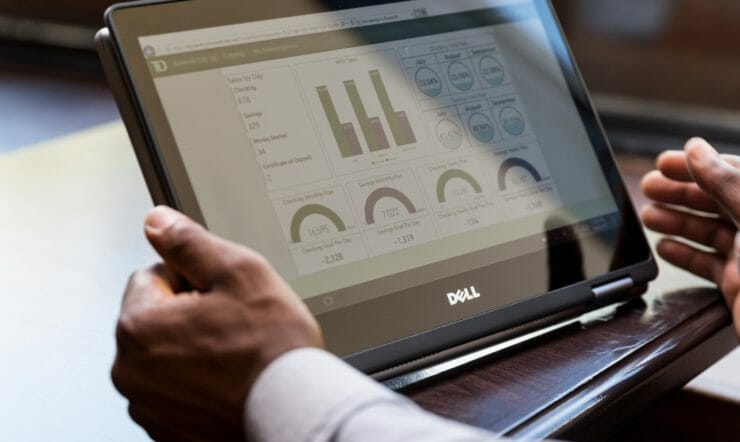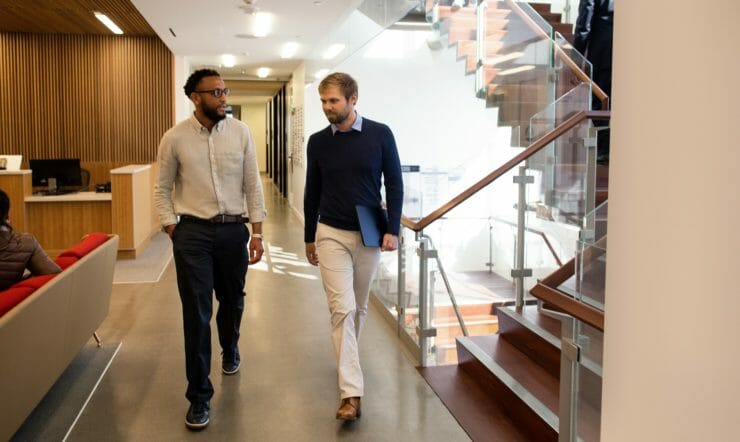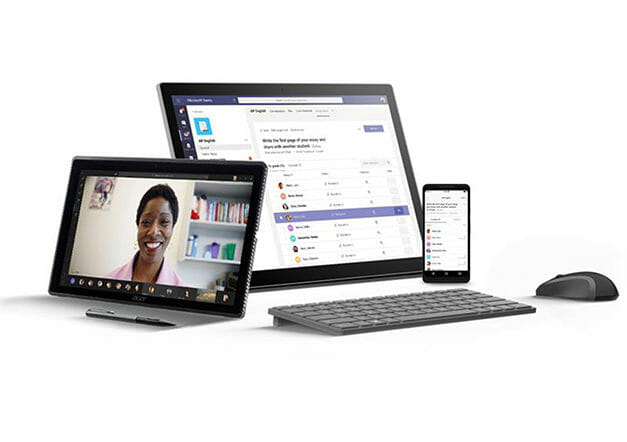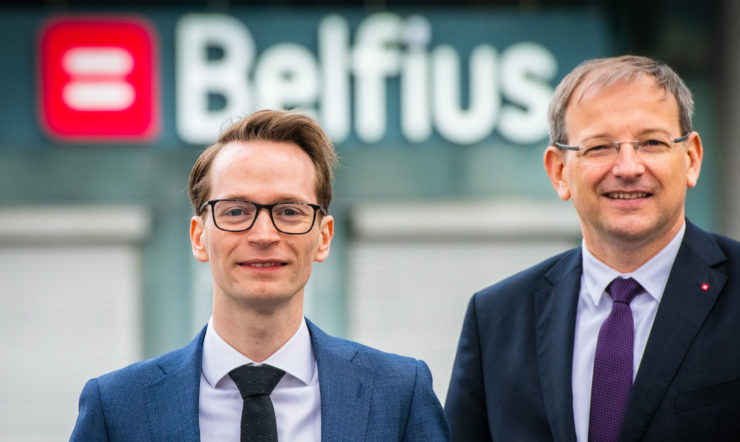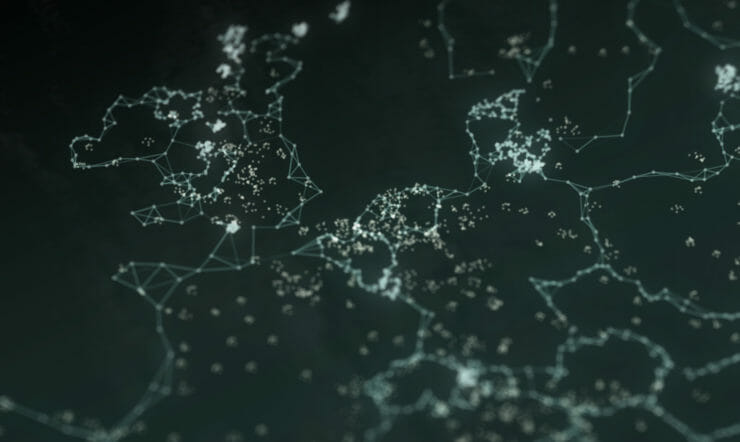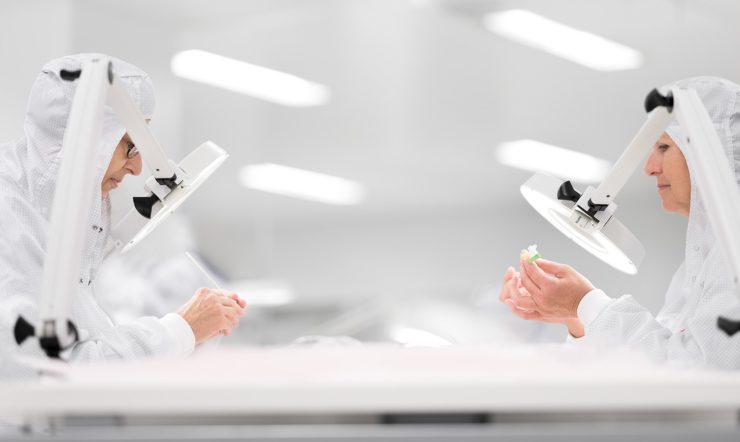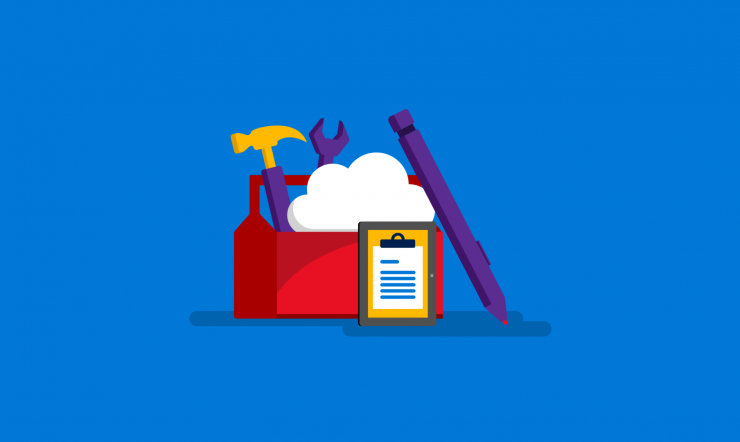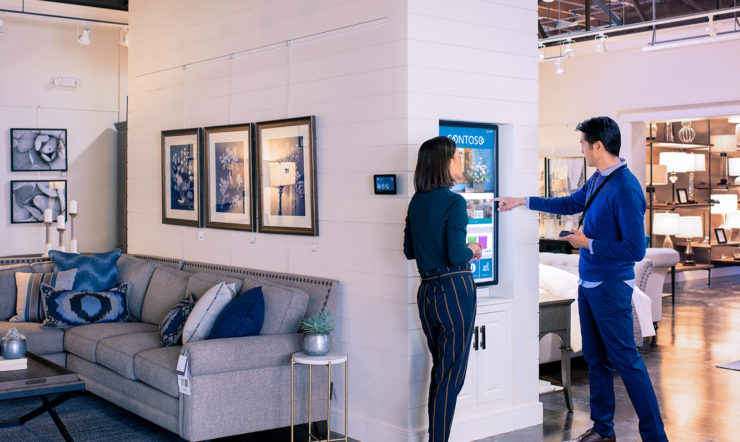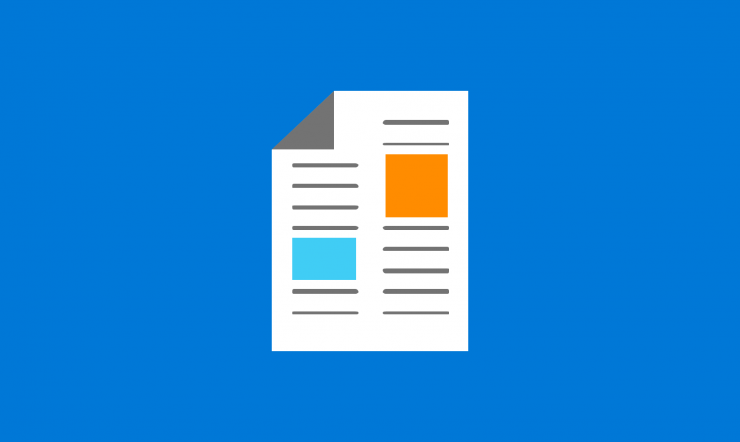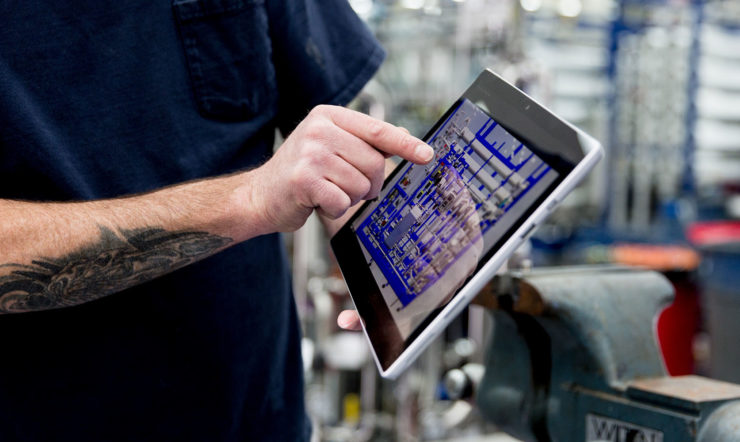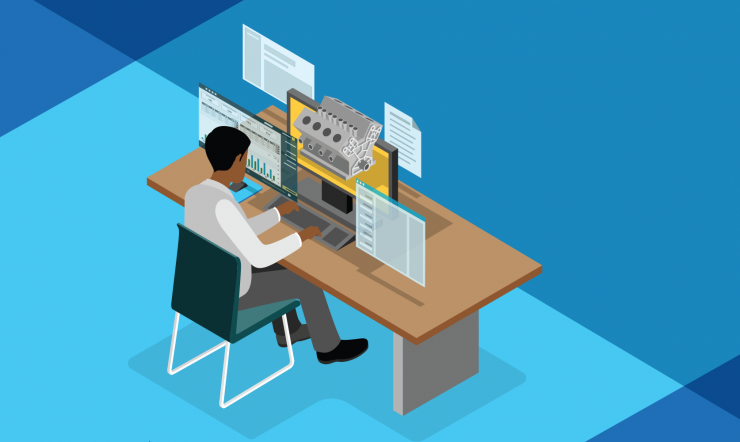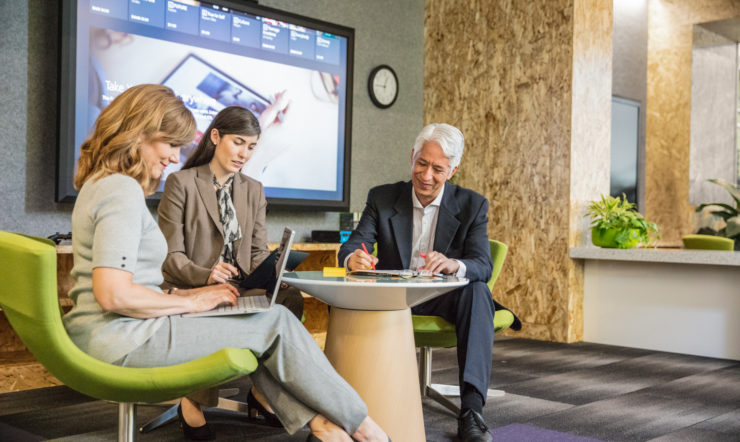Ask a random person about blockchain, and you’ll probably get an answer involving bitcoin and cryptocurrency – assuming that he or she is even familiar with the term. But blockchain has a lot more to offer and is significant across all sectors and industries – from banking to government to healthcare and beyond. The potential of blockchain is as unlimited as the when the Internet began. The technology has been considerably underexposed so far, and if our society wants to benefit from its possibilities to the fullest – this is something we have to change in 2018.
What is blockchain?
For those who aren’t yet up to speed on the technology, a blockchain is a safe, digital and tamper-proof ledger, in which transactions are verified by a widespread network of computers. The technology makes it possible to extend information outside the company walls, using its shared processes with suppliers, clients and partners.
Blockchain makes it possible to set up an open, transparent and verifiable system, offers a safe way to digitally trace assets and has the potential to completely redesign company processes. Explaining the full details would require us to exceed an acceptable word count for this article, but in a nutshell the blockchain offers a solution for transactions that are based on mutual trust.
Real-life examples
So what does blockchain mean in practice? In 2017, the world saw various interesting blockchain business cases, including:
- Increased booking accuracy for Webjet – in collaboration with Microsoft, the Australian organization developed a blockchain based solution for its booking and payment system. Thanks to the solution, Webjet’s system is now safer and less error-prone.
- Bank Hapoalim gives bank guarantees online – up until recently, customers had to physically visit a bank office to apply for a bank guarantee. Thanks to blockchain technology, the bank can handle the entire process safely online, from application to the issuing itself.
- More efficient transport insurance process for Maersk – the transport organization developed a blockchain based solution together with Microsoft, that enables it to handle claims more efficiently, to collaborate more effectively and to gain insights in real-time locations of goods at sea.
- Identifications for everyone with ID2020 – Microsoft is collaborating with Accenture on ID2020, a project to give the 1 billion people worldwide that don’t have an ID document a way to identify themselves through blockchain.
What to expect in 2018
Based on what we saw last year, 2018 is promising to be an exciting year. But in order to be able to profit from blockchain on a large scale, it is important for companies to start investing in knowledge about the blockchain’s possibilities. For which business problems will blockchain be able to provide a solution? And for which problems will it not?
Many companies still lack this kind of knowledge about blockchain. Looking at the blockchain maturity model, it quickly becomes clear from the way companies are using the technology that it is still in the early stages.
80 percent of the organizations are at the first level, meaning that they don’t have any blockchain experience and that they haven’t defined processes or scenarios. About 15 percent has taken it a level further. These companies have defined the potential scenarios and have some experience with blockchain. That means only 5 percent of the organizations have reached the last two levels, where they actually deploy the blockchain.

How can blockchain help your organization?
Of course the blockchain is not a silver bullet that offers a solutions for all business issues. To find out if blockchain can help their business, organizations should ask themselves the following questions:
- Do multiple parties share data? Would a complete and reliable shared system of record benefit each of the participants in a business relationship?
- Do multiple parties update data? Would there be a greater data accuracy and timeliness if multiple participants could record and propagate concurrent transactions?
- Is there requirement for verification? Would tamper-proof logging increase transaction throughput and reliability among semi-trusted business partners?
- Can intermediaries be removed? Would the removal of intermediaries reduce cost and complexity?
The more questions a company can confirm, the more likely it is that blockchain will result in business advantages – and that learning more about the technology will be worth the investment.
Gaining a competitive advantage
Although a lack of knowledge might limit the potential on a societal scale, it does offer business opportunities – specifically for companies that are willing to learn more about the technology in 2018. By investing in more blockchain knowledge now, for example by mapping how the technology can help to further the organization, it is possible to gain a competitive advantage. Now there’s a perfect goal for 2018
Want to get started with blockchain?
Microsoft Azure offers a platform to develop, test and deploy various blockchain solutions and to quickly set up a test environment. Blockchain on Azure is compatible with any kind of blockchain, easily connected to different data analysis and AI tools and fully scalable. Create a free account today to get started right now.
